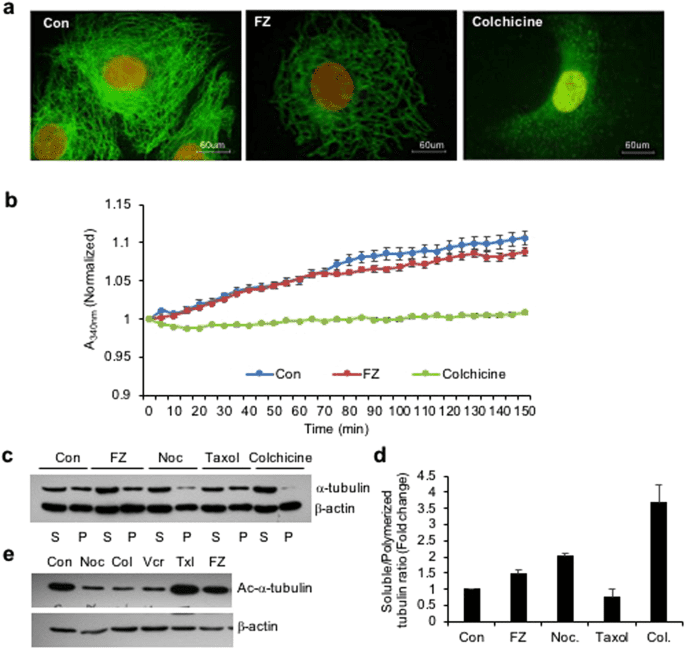mayweatherking
Member
- Joined
- Aug 18, 2015
- Messages
- 1,817
Saw this on tiktok... seems to be first hand he's saying it helped him since it's some guy personally posting it. Pretty interesting, wonder if anyone knows the mechanism. Maybe something with killing the endotoxin is helping
View: https://vm.tiktok.com/ZMdfMyngj/
View: https://vm.tiktok.com/ZMdfMyngj/



